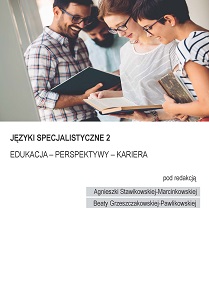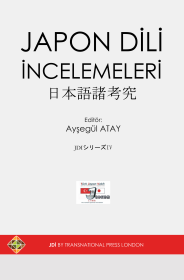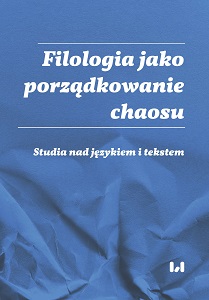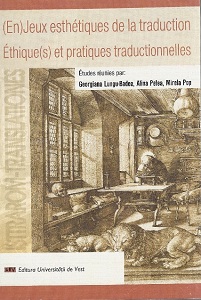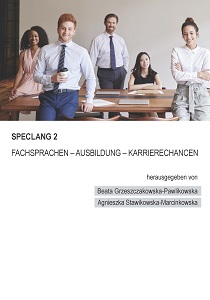
Übersetzen einer Informationsbroschüre über Museumssammlungen – didaktische Überlegungen
The article presents the process of translation of a guidebook, which is basically a popular science text about archaeology. The process of translation itself is an example of collaborative translation produced by translators as well as a terminology expert and a language editor. The article emphasises the significance of specialised knowledge and terminology and the role of experts in the production of the target text. This experience can be shared with students as part of a translation course.
More...
